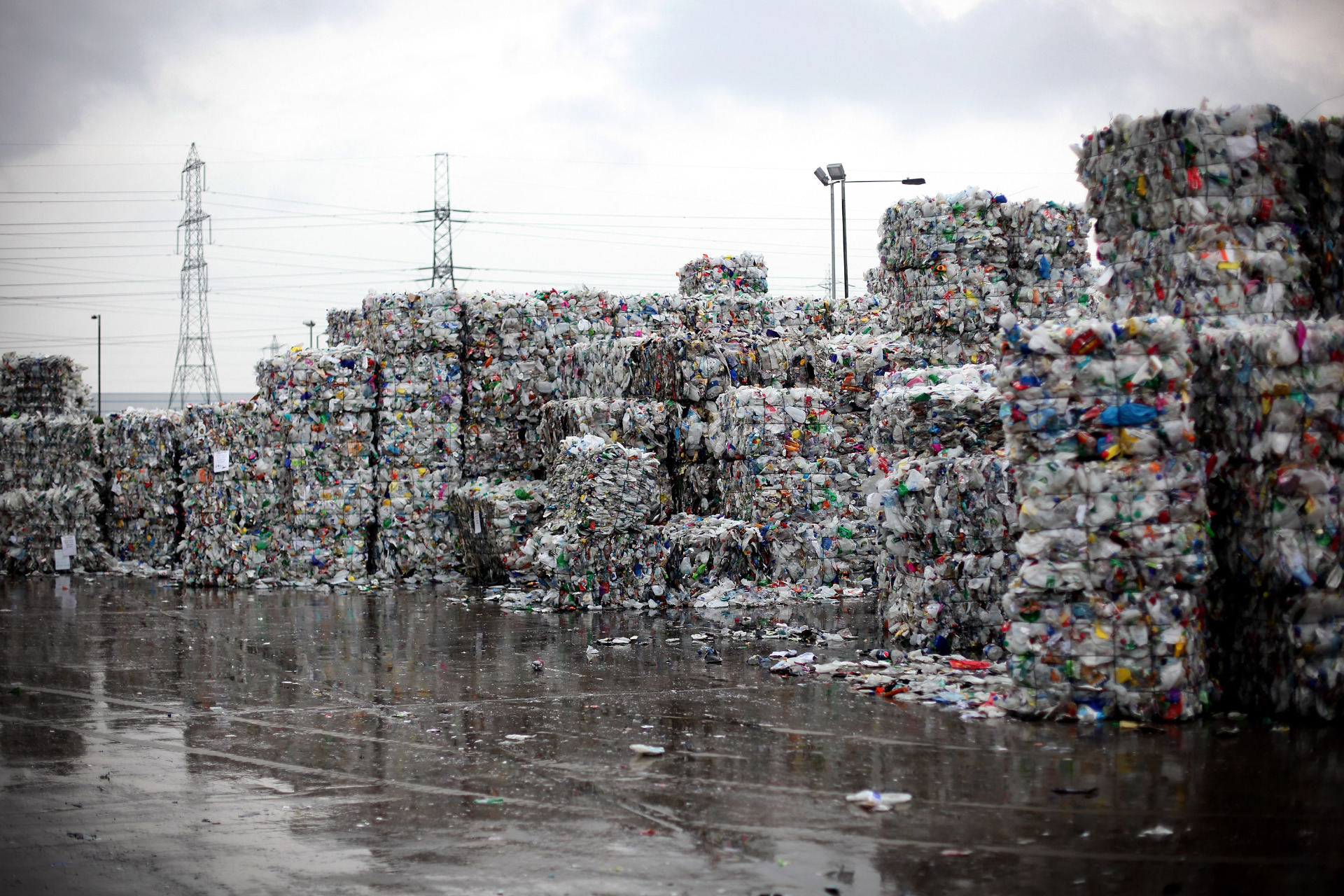The Sustainable Journey from Plastic to Fuel Oil through Pyrolysis
Plastic pollution has emerged as one of the most pressing environmental challenges of our time, with vast quantities of plastic waste accumulating in landfills and oceans. In the pursuit of sustainable solutions, pyrolysis technology has risen to the forefront, offering a transformative approach to convert plastic waste into valuable fuel oil. This article explores the process of plastic to fuel oil conversion through pyrolysis by plastic to fuel oil machine, highlighting its environmental benefits, economic potential, and its role in fostering a circular economy.

Pyrolysis: A Pathway to Sustainable Plastic Management:
Understanding Pyrolysis:
Pyrolysis is a thermochemical process that involves heating plastic waste in the absence of oxygen, leading to the breakdown of complex polymer chains into simpler hydrocarbons.
This process results in the production of fuel oil, syngas, and char, with fuel oil being a primary focus due to its potential as an alternative energy source.
Plastic Feedstock:
Pyrolysis can accommodate various types of plastic waste, including polyethylene (PE), polypropylene (PP), polyethylene terephthalate (PET), and more.
The flexibility in feedstock enables the utilization of diverse plastic streams, reducing the burden on traditional waste disposal methods.
Environmental Benefits of Plastic to Fuel Oil Conversion:
Waste Reduction and Resource Recovery:
Converting plastic waste to fuel oil through pyrolysis significantly reduces the volume of plastic in landfills and oceans.
By treating plastic as a valuable resource rather than a disposable commodity, pyrolysis contributes to efficient waste management.
Mitigation of Greenhouse Gas Emissions:
The pyrolysis process generates fuel oil that can replace conventional fossil fuels, thereby mitigating greenhouse gas emissions associated with traditional fuel extraction and combustion.
This substitution contributes to the reduction of carbon dioxide (CO2) emissions, supporting climate change mitigation efforts.
Circular Economy Promotion:
Plastic to fuel oil conversion aligns with the principles of a circular economy by creating a closed-loop system where plastic waste is transformed into a valuable and reusable resource.
This approach promotes resource efficiency and minimizes the environmental impact of plastic production.
Energy Recovery from Plastic Waste:
The fuel oil produced from pyrolysis serves as a viable energy source, offering an alternative to fossil fuels.
This energy recovery from plastic waste contributes to the diversification of energy sources and reduces dependence on non-renewable resources.
Economic Opportunities:
Fuel Production and Supply:
The fuel oil generated through plastic to fuel oil conversion can be utilized for various purposes, including heating, electricity generation, and transportation.
Entrepreneurs and businesses can explore opportunities in the production and supply of this alternative fuel, contributing to energy security and independence.
Job Creation:
Establishing pyrolysis facilities and the associated downstream industries can create job opportunities in waste management, technology development, and fuel distribution.
Job creation enhances economic development while addressing environmental challenges.
Waste Management Industry Growth:
The adoption of pyrolysis for plastic to fuel oil conversion can drive growth in the waste management industry.
Companies specializing in waste-to-energy technologies and services can play a pivotal role in the sustainable management of plastic waste.
Challenges and Solutions:
Technological Advancements:
Ongoing research and development are crucial to improving pyrolysis technology, increasing efficiency, and optimizing the process for different types of plastic.
Investment in innovative solutions can address technological challenges and enhance the economic viability of plastic to fuel oil conversion.
Feedstock Quality and Contamination:
The quality of fuel oil produced through pyrolysis is influenced by the composition and contamination of the plastic feedstock.
Implementing strict quality control measures and educating consumers on proper plastic disposal can mitigate feedstock-related challenges.
Regulatory Framework:
Developing a robust regulatory framework is essential to ensure the responsible and sustainable implementation of plastic to fuel oil conversion.
Governments can establish guidelines for environmental standards, waste management practices, and support initiatives that align with circular economy principles.
Public Perception and Awareness:
Building public awareness about the benefits of plastic to fuel oil conversion is vital for its acceptance and successful implementation.
Education campaigns can dispel misconceptions and highlight the positive environmental and economic impacts of this innovative waste management approach.
Conclusion:
Plastic to fuel oil conversion through pyrolysis represents a paradigm shift in the way we perceive and manage plastic waste. By transforming a significant environmental challenge into a valuable resource, this process offers a sustainable solution that aligns with circular economy principles. The environmental benefits, economic opportunities, and potential for reducing greenhouse gas emissions position plastic to fuel oil conversion as a promising pathway towards a more sustainable and resilient future. As we navigate the complexities of waste management and seek alternatives to traditional fuel sources, the integration of pyrolysis technology stands out as a beacon of innovation, turning plastic waste into a valuable asset on the journey towards a circular and regenerative economy.